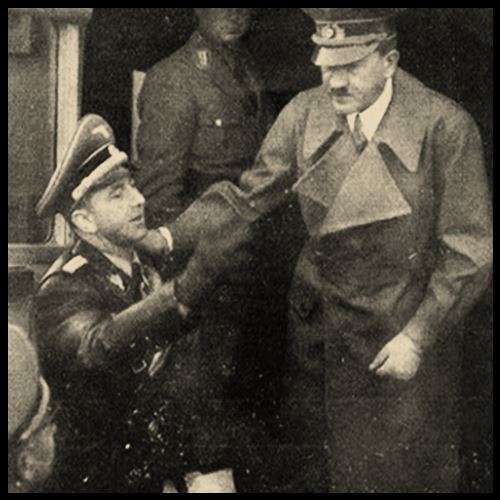 1933 German Election
1933 German Election
Subject: History, English
Topic: Germany, German, Vote, Election, Hitler, Nazi, 1933, Enabling Act
Audience: KS2
Question: Hans Fassbender is an ordinary German worker who lives in Hamburg in 1933.
Why would he vote for Hitler's Nazi party?
Author: Elizabeth Doyle
Description
The ‘1933 German Election’ mystery can be used to help students of Key Stage Three and GCSE History to reflect upon the experience of an ordinary German who was faced with a choice at the 1933 election. It would also be useful as background in Key Stage Three English to cover historical context for texts such as 'The Boy in the Striped Pyjamas' or 'When Hitler Stole Pink Rabbit' etc.
Students often find it incredible that anyone would vote for such a party, given the outcome of the election result and the subsequent Enabling Act.
There are three difficulty levels available on this mystery:
Easy
The main question on ‘easy’ is ‘Hans Fassbender is an ordinary German worker who lives in Hamburg in 1933. Why would he vote for Hitler's Nazi party?’
In order to help the students answer this question, they are given 18 slips of information, which all have an image on them.
Medium and Hard
The main question on both of these settings is ‘Hans Fassbender is an ordinary German worker who lives in Hamburg in 1933. Which party would he vote for and why?’
In addition to the slips which the ‘easy’ setting gives access to, there is an extra nine on ‘medium’ and a further four on top of those for ‘hard’.
More able students can consider how the Nazis regarded and treated opposing political groups, such as the Communists, and other racial groups as well. How did the Nazis steer 'blame' for Germany's troubles onto these other groups?
Please also note the other sub-questions suggested, which the teacher could ask students during the session.
This exercise is intended to give students a degree of understanding regarding the Nazis' success in gaining support during a time of national suffering.
